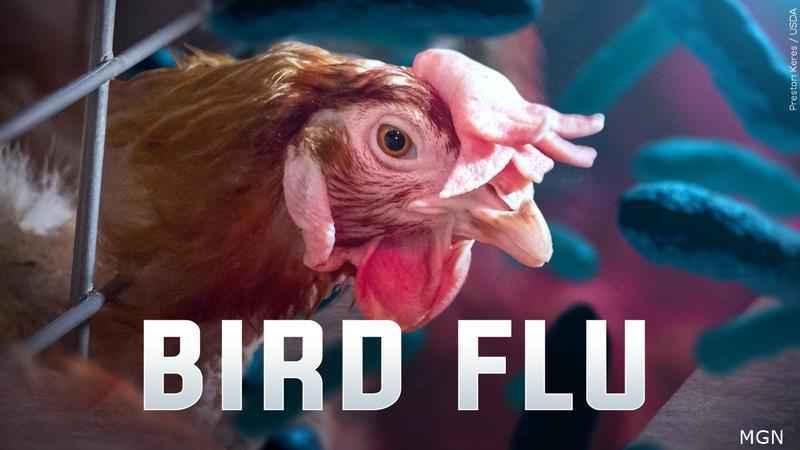Highly Pathogenic Avian Influenza identified in Bayfield County flock

Another case of highly pathogenic avian influenza (HPAI) has been identified in Wisconsin, this time in a backyard flock in Bayfield County. On Friday night, the Wisconsin Department of Health (DHS) notified the Bayfield County Public Health Department about the case.
The Wisconsin Department of Agriculture, Trade and Consumer Protection (DATCP) has recently detected HPAI in 13 Wisconsin counties. Wild birds may show no signs of having HPAI when infected. The migration of wild birds could potentially spread HPAI to domestic poultry.
HPAI could continue to affect families and small farms in Bayfield County since many residents keep backyard flocks and domestic poultry. Flock owners should evaluate their premises and implement safety measures to keep domestic birds separate from wild birds. These safety measures include:
- Move domestic flocks indoors if possible.
- Fence or contain outdoor flocks so they don’t have contact with wild birds.
- Move feed and water sources to a protected area (fenced or in a building) to prevent wild birds from eating or congregating with domestic birds.
- Do NOT allow domestic waterfowl (i.e. ducks, geese) to access ponds or surface water where wild waterfowl frequent or nest.
- Use biosecurity measures, such as disposable boot covers (preferred) and/or disinfectant footbaths for
- anyone having contact with your flock.
- Keep visitors to your flock at a minimum.
- Wash hands thoroughly after cleaning, feeding, or caring for your domestic poultry
Flock owners are asked to watch your domestic flock for signs of illness. Signs of HPAI in domestic birds include:
- Sudden death without clinical signs
- Lack of energy or appetite
- Decrease in egg production; soft, misshapen eggs
- Purple discoloration of wattles, comb, and legs
- Runny nose, coughing, sneezing
- Stumbling or falling down
- Diarrhea
To report increased mortality of signs of illness among domestic birds, contact DATCP at (608) 224-4872 during business hours or (800) 943-0003 after hours or on weekends. Avoid handling dead birds or wildlife with bare hands. If removing a dead bird is necessary, wear
gloves or use a plastic bag to put it in the garbage. Wash your hands with soap and water and throw away any gloves after disposing of dead birds or wildlife.